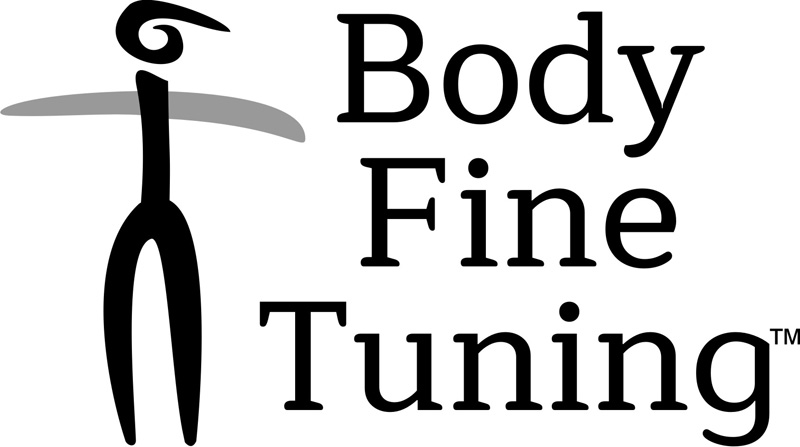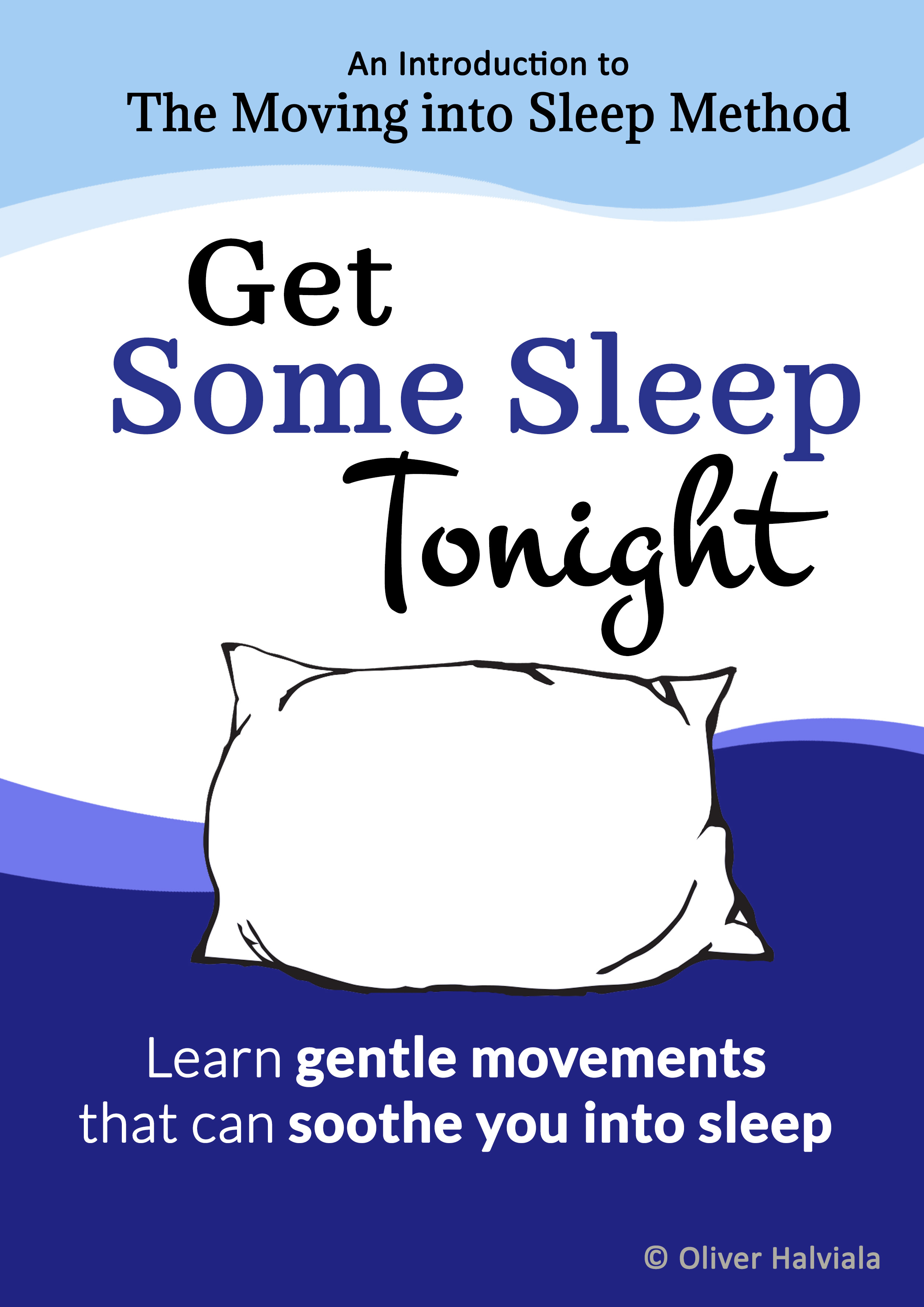Sleep as Self-Care
Get 8-9 Hours of Sleep
to Keep Your Heart Healthy
Your heart-function is at great risk if you lack sleep or sleep poorly. Because when your heart is not functioning optimally, every cell in your body suffers – a good reason to prioritize getting the best possible sleep.
While you sleep, your body relaxes and there is less resistance for the blood to circulate. This allows your heart to work with less effort, therefore facilitating recovery and healing. However, if you consistently get insufficient sleep, and your sleep lacks quality, and you keep adding to your sleep debt, your heart never gets an opportunity to fully recuperate.
3 Reasons Why Your Heart Loves the Best Possible Sleep
1. Sleep to Prevent Heart Failure
Heart failure means that the heart muscle doesn't pump blood as effectively as it should. Initially, the heart compensates by enlarging, developing more muscle mass, and pumping faster. Without intervention, the consequences can be devastating.
Quality sleep is crucial in preventing heart failure. The numbers speak for themselves — poorly slept nights and sleep debt can make you up to 45% more likely to develop heart failure.
2. Sleep to Prevent Heart Attacks
A heart attack means that blood is blocked from reaching an area of the heart muscle, which can be fatal.
Quality sleep lowers the risk of heart attacks by allowing the body to undergo proper metabolic self-cleaning. Additionally, during sleep, the heart rate slows down, facilitating recovery. Research indicates that poorly slept nights, interrupted sleep, and sleep debt can make you up to 85% more likely to experience a heart attack.
3. Sleep to Prevent Irregular Heartbeat
Irregular heartbeat, also known as Atrial Fibrillation, indicates that the heart is under stress. Abrupt awakenings and negative neurological stress can trigger sharp increases in heart rate.
Optimal sleep quality is among the best ways to lower the risk of developing irregular heartbeat issues. Based on research, poor sleep quality increases the likelihood of experiencing irregular heartbeat issues by up to 29%.
Optimal Sleep Duration
Health authorities recommend that adults get about 8-9 hours of good quality sleep. Sleeping less than 7 hours per night significantly increases the risk of heart-related issues. Therefore, extending sleep duration by just one hour can make a critical difference.
However, excessive sleep can also pose risks. Spending over 9 hours in bed nightly can lead to heart-related issues. Hence, 8-9 hours is considered the optimal duration for adults. If this seems insufficient, taking a nap later in the day is preferable to oversleeping.
Note that extreme tiredness might indicate troubled health which needs professional attention.
Optimal Sleep Quality
From the heart's perspective, optimal sleep quality involves falling asleep easily and transitioning smoothly through different sleep stages and cycles. If you wake up in-between, you soon can resume your sleep.
Getting Better Sleep
Thanks for reading!
Wishing you the best of sleep!
Oliver
Related research:
Insomnia and Risk of Cardiovascular Disease
journal.chestnet.org/article/S0012-3692(17)30134-4/fulltext
Insomnia and the risk of incident heart failure: a population study
academic.oup.com/eurheartj/article-abstract/35/21/1382/582739


